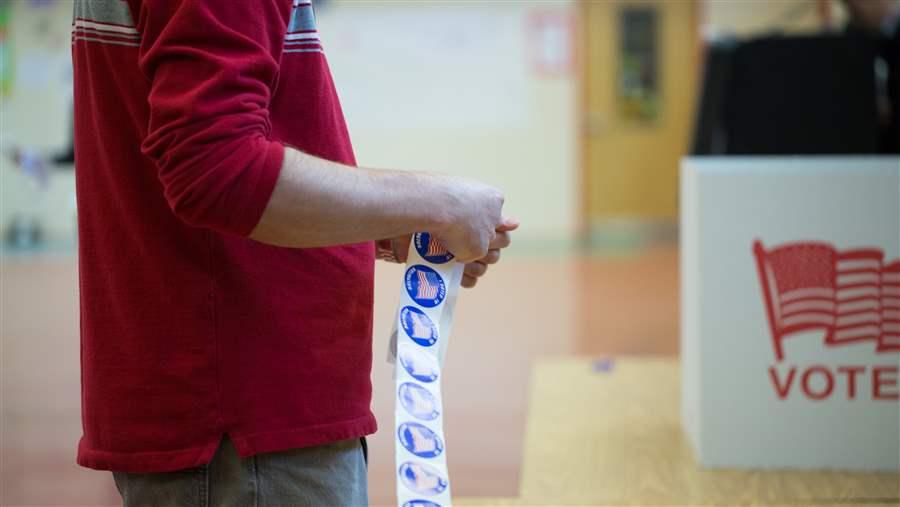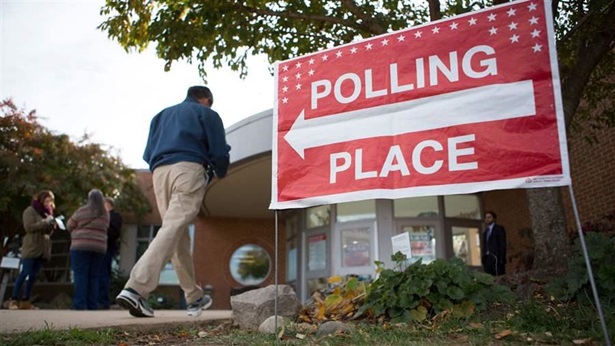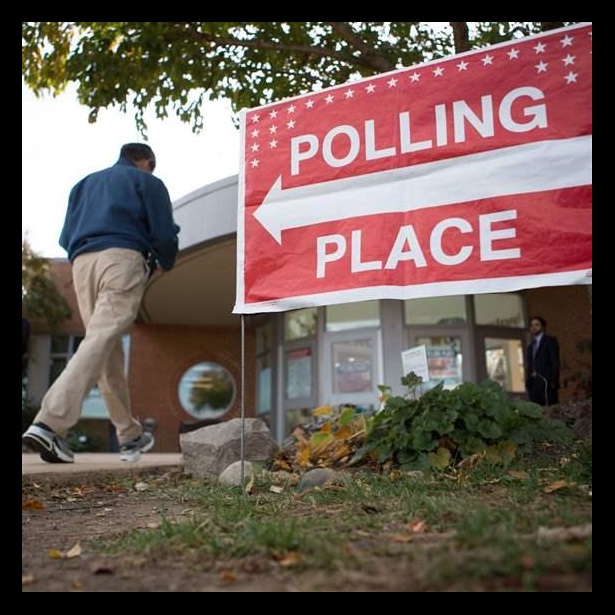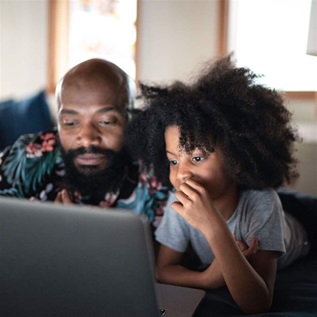Voting Information Project Makes Casting Ballots Easier in 2017

The Voting Information Project (VIP), an initiative of The Pew Charitable Trusts, is a collaboration with the states, Google, and other private sector partners to ensure that Americans have the official information they need to cast a ballot, including where to vote and what candidates and initiatives are on the ballot.
Currently, 44 states and the District of Columbia work with VIP to provide official election information to voters. All of these states participate with VIP for statewide elections, and an increasing number do so for local elections.
In the first half of 2017, VIP has already supported 33 statewide, local, and special elections. These include statewide primary elections in New Jersey and Virginia, special congressional elections in Montana (MT-AL) and South Carolina (SC-5), and numerous local elections ranging from a mayoral primary in Los Angeles to a special legislative election in Louisiana.
VIP’s user-friendly website, GetToThePolls.com, allows voters to enter their home address and find the location and hours of their election day polling place, as well as early voting locations and hours where available. VIP aims to provide this information two weeks ahead of an election date.
VIP’s information is also available to voters through its free Voting Information Tool, which is used by a range of state and local governments. The Voting Information Tool is a mobile-optimized system that offers official voting information—such as polling place and ballot information—to anyone using just a residential address. The tool can be easily embedded on any website and supports multiple languages. In Virginia, for example, jurisdictions including the state’s Department of Elections and the Fairfax County Office of Elections utilize this VIP-powered tool.
The free, customizable, embeddable Voting Information Tool can be accessed at http://www.votinginfoproject.org/projects/vip-voting-information-tool/ and may be used by anyone, including governments, nonprofits, and advocacy organizations.
During the remainder of 2017, VIP expects to support at least 40 additional elections, including the gubernatorial elections in New Jersey and Virginia, and the U.S. Senate election in Alabama.
Alexis Schuler is the senior director and Monica Leibovitz is an officer for election initiatives at The Pew Charitable Trusts.













